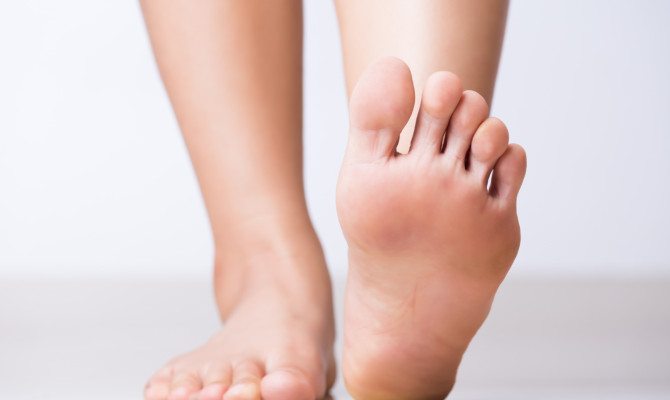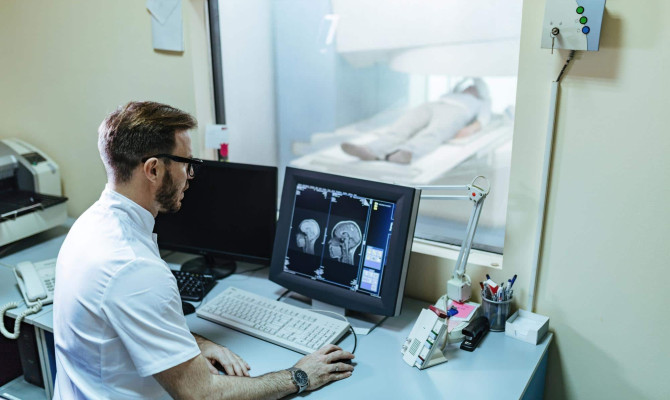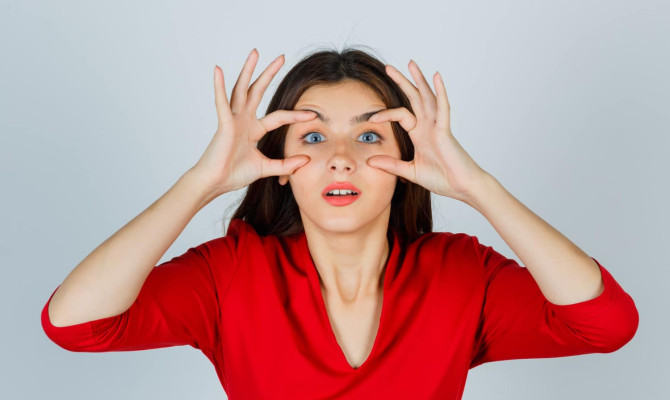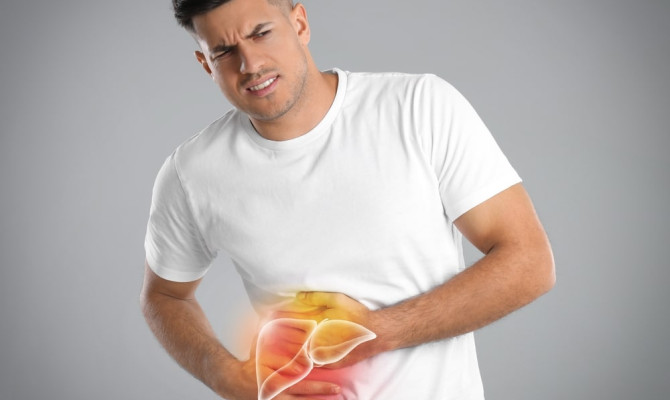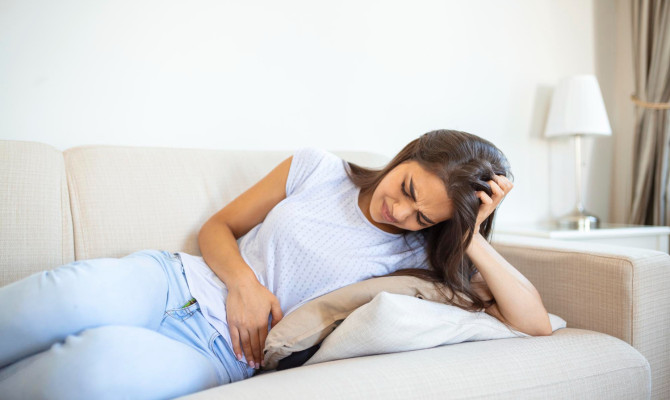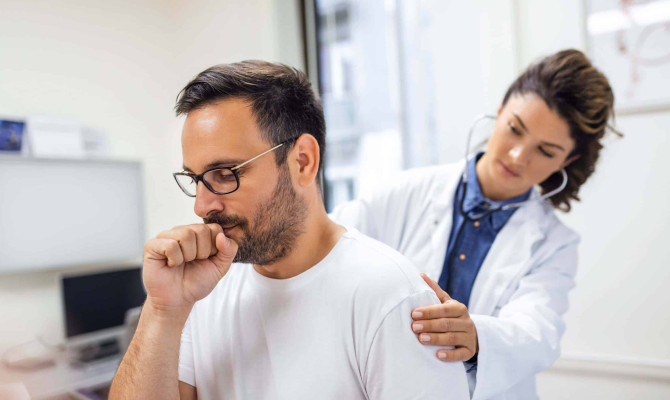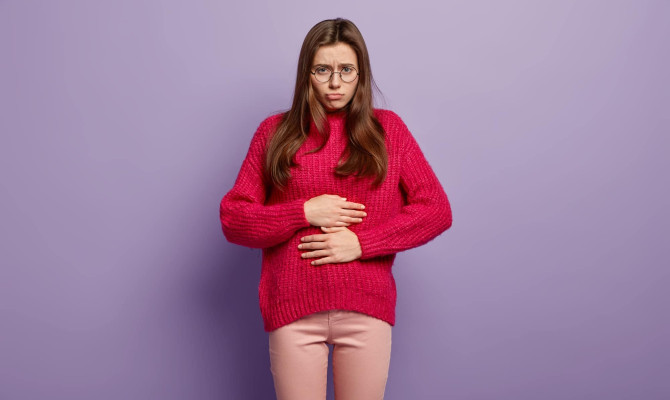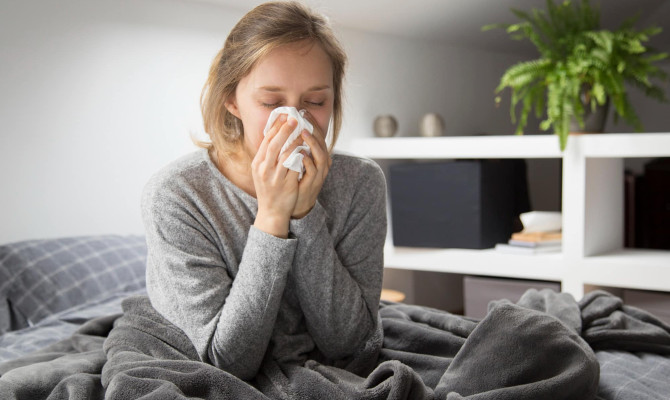Understanding Menopause

- Menopause
- 16 Aug 2023
Overview
What is Menopause?
A woman’s life reaches a turning point when she enters menopause, a natural biological process. The start of a new era and the end of her reproductive years are symbolized by the stage.
Every woman will experience this shift as she ages; it is inevitable. We shall go into the complexities of menopause in this piece, looking at its definition, causes, symptoms, and potential effects on health.
We will provide information on the mental and emotional changes that women undergo at this time so they can confidently accept and deal with menopause.1Overview| Researched based study from Nlm.nih.gov

Symptoms
What are the first signs of menopause?
The Menopause symptoms can vary from woman to woman. Here are some common ones:
- Irregular menstrual cycle
- Hot flashes
- Sleep disturbances
- Mood changes
- Vaginal dryness
- Decreased libido
Premenstrual symptoms that women often experience may shift. Before their periods, they may have more severe breast tenderness, mood swings, bloating, or irritability.
Affected menstrual cycles
- Changes in menstrual cycle regularity are among the initial symptoms. The flow might be lighter or heavier than usual and could get shorter or longer. It’s common to skip periods or have irregular bleeding patterns during this time.
A hot flash
- They are abrupt, strong, heat feelings that can hit the face, neck, and upper torso. They frequently come with sweat and an accelerated heartbeat. They can happen several times during the day or night, lasting from a few seconds to several minutes.
Night sweats
- When a lady sleeps, these events of excessive sweating might disturb her sleep schedule. They are comparable to heat flashes but only happen at night.
Sleep issues
- Inability to fall or keep asleep, frequently brought on by night sweats or hormonal changes. Sleep disturbances and insomnia can be frequent.
Mood swings
- Hormonal changes can impact a woman’s mood, causing an increase in irritability, mood swings, anxiety, or depressive or melancholy sensations.
Dryness of the vagina
- Reduced estrogen levels can alter the tissues of the vagina, resulting in dryness, itching, or pain during sexual activity.
Reduced libido
- Due to hormonal changes and other physical and mental causes, some women may experience a drop in their desire for sexual activity or changes in their sexual response.1Symptoms| Researched based study from Nlm.nih.gov
Stages
What are the stages of menopause?
Perimenopause stage
- This is the stage before menopause, also called the menopausal transition. It could start several years before any symptoms show up.
- A woman’s body progressively starts to generate less estrogen during this period, which causes her menstrual cycle to become irregular, and changes in libido.
- This stage may last for a few months to many years, and it is considered over if a woman has gone 12 months without having her period.2Stages| Researched based study from Nlm.nih.gov
Menopause
A woman enters this phase after she has gone 12 months without having a period. The end of a woman’s reproductive years is a crucial turning point.
- Decreased levels of both estrogen and progesterone cause mental and physical changes.
- Menopause denotes the end of a woman’s ability to procreate, but it does not spell the back of her ability to lead a whole and active life.2Stages| Researched based study from Nlm.nih.gov
Post menopause
This describes the phase that comes after menopause. It starts after a woman enters menopause and lasts the remainder of her life.
- Eventually, menopause symptoms may lessen or disappear.
- However, a woman’s health may continue to be negatively impacted by the drop in estrogen levels throughout time.
- During this phase, it is essential to take proactive measures to preserve bone health, cardiovascular health, and general well-being.2Stages| Researched based study from Nlm.nih.gov
At what age does menopause occur?
- Around 51 is the typical age for women to go through menopause. It’s crucial to remember that it can happen anytime between the ages of 45 and 55 and, on rare occasions, even before or later.
- Many factors, including genetics, ethnicity, past reproductive experiences, and general health, affect the timing.
- Early menopause, often referred to as premature ovarian insufficiency, can occur in certain women prior to the age of 40. However, a tiny proportion of women may begin to experience it in their late 50s or early 60s.4Stage| Researched based study from Nlm.nih.gov
What are the signs of coming to an end of menopause?
When a woman has gone 12 months without a menstrual cycle, her menopause is deemed complete.
- Symptoms frequently get better or go entirely.
- Particularly estrogen and progesterone levels tend to stabilize.
- Mood and emotional stability improvement. Women often report less mood swings and more mental balance as a result.
- Vaginal dryness could gradually get better or stay the same.
- Reduced discomfort experienced during sexual activity.
Causes
Menopause causes
It is an unavoidable aspect of female aging. Although the precise explanation is still not entirely known, several factors are thought to have an impact.
Aging ovary
- Hormone production declines as women age because their ovaries eventually become less sensitive to hormonal cues from the brain.
- The menstrual periods ultimately become affected by this.
Decreased follicle count
- A limited number of ovarian follicles, which house immature eggs, are present in every woman at birth.
- The quantity and quality of the remaining follicles that may mature and release eggs eventually decrease.
Genetic and familial factors
- The timing of menopause can be influenced by genetics.
- Women with a family history of early or late menopause are more likely to experience it at a similar age.
Other factors
- Specific medical treatments, such as radiation or chemotherapy, or surgical removal of the ovaries, can induce menopause.
- Lifestyle factors, autoimmune diseases, and smoking may also contribute.5Causes| Researched based study from Nlm.nih.gov
Complications
Complications associated with Menopause
Menopause is not a problem or a medical disease but can cause several symptoms and health problems.
- Vaginal atrophy, thinning, and dryness.
- Insomnia
- Anxiety and depression in some women.
- Discomfort during intercourse.
- Changes in bone density lead to osteoporosis.
- Increased risk of heart disease.
- Weight gain
- Increased risk of urinary incontinence and urinary tract infections.2Complications| Researched based study from Nlm.nih.gov
Treatment

Menopause treatment
Menopause therapy focuses on symptom management and lowering the risk of possible consequences.
Hormone treatment
- This involves taking either estrogen or estrogen and progesterone together. Hot flashes, vaginal dryness, and other symptoms may be lessened.
Non-hormonal drugs
- Some drugs, such as selective serotonin reuptake inhibitors (SSRIs) and serotonin-norepinephrine reuptake inhibitors (SNRIs), which are often used as antidepressants, can reduce hot flashes.
Estrogen vaginal
- It is possible to utilize lotions, pills, or rings that contain low-dose vaginal estrogen.
Over-the-counter medications
- Some women use over-the-counter medications to get relief from moderate menopausal symptoms. These include lubricants and moisturizers for dry vaginal skin, as well as herbal supplements.1Treatment| Researched based study from Nlm.nih.gov
Changes in lifestyle during menopause
Regular exercise
- Regular physical exercise might lessen the intensity and frequency of symptoms.
Healthy diet
- Adopting a well-balanced, nutrient-rich diet can benefit general health.
- Increase your intake of fruits, vegetables, whole grains, lean meats, and healthy fats.
- Foods high in vitamin D and calcium, such as dairy products and fortified plant-based substitutes, can improve bone health.
Stress reduction
- Putting practices like yoga, meditation, and deep breathing into practice.
Wearing layers and using fans
- Layering clothes and wearing light, breathable clothing
- Helps control hot flushes and fluctuating body temperatures.
Adequate sleep
- Maintain a regular sleep schedule, establish a relaxing environment, and avoid using gadgets or caffeine just before bed.
Herbal remedies
- Red clover
- Evening primrose oil
- Black cohosh
These are a few herbal supplements used to treat the symptoms. Before using any, it’s crucial to see a doctor before using because they can have unwanted side effects.3Treatment| Researched based study from Nhs.uk
Body-mind therapies
- Acupuncture
- Aromatherapy
- Massage treatment3Treatment| Researched based study from Nhs.uk
These have all been claimed to reduce symptoms.
Takeaway
Takeaway tips
- A woman’s menopause is a normal stage of life. Although not a disease, it can cause several symptoms and consequences.
- Women should consult a doctor if they want to manage their problems successfully.
- Lifestyle changes can significantly help manage this phase and enhance general well-being.
Any feedback on this article?
 This Articles content was accurate
This Articles content was accurate Very Informative Article
Very Informative Article I have a question or a comment
I have a question or a comment
 This article contains inaccurate content
This article contains inaccurate content This article was not helpful
This article was not helpful I have a question or a comment
I have a question or a comment
We appreciate your helpful feedback!
Checkout our social pages
References
-
National Library of Medicine
Menopausal Symptoms and Their Management | Symptoms | Treatment
-
National Library of Medicine
Menopause | Stages | Complications
-
National Health Service
Things you can do-Menopause | Treatment
-
National Library of Medicine
The Timing of the Age at Which Natural Menopause Occurs | Stages
-
National Library of Medicine
Menopause: Overview | Causes












